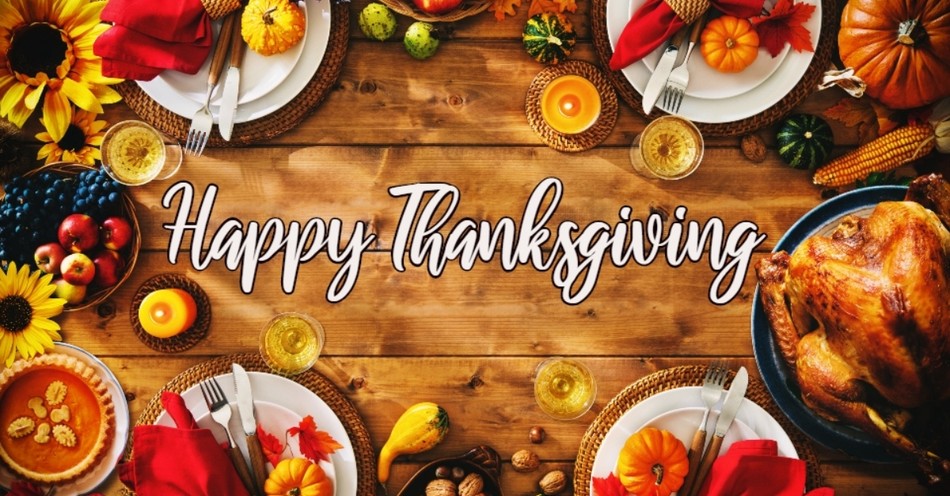Thanksgiving, a beloved holiday celebrated with feasts, family, and gratitude, has a rich history that spans centuries. Rooted in diverse cultural traditions, this annual occasion is more than just a day of indulgence—it is a tapestry woven with threads of history, resilience, and gratitude.
The Origins: A Harvest Celebration in Early America
The history of Thanksgiving can be traced back to the early 17th century when English Pilgrims and Native Americans came together for a harvest feast. In 1621, the Pilgrims, who had settled in Plymouth, Massachusetts, celebrated a successful harvest with a three-day feast that included a cornucopia of foods.
Abraham Lincoln’s Proclamation: A National Day of Thanks
While Thanksgiving gatherings occurred sporadically over the years, it was in the 19th century that the holiday gained national recognition. In 1863, President Abraham Lincoln proclaimed Thanksgiving a national holiday, setting the precedent for an annual day of gratitude. This proclamation aimed to unite a divided nation during the Civil War, emphasizing the importance of gratitude even in challenging times.
Thanksgiving Becomes a Tradition: Football, Parades, and Presidential Turkeys
Over the years, Thanksgiving evolved into a cherished American tradition. Football became synonymous with the holiday, with families gathering around the TV to watch thrilling games. The Macy’s Thanksgiving Day Parade in New York City, a spectacle of giant balloons and festive floats, became an iconic part of the celebration.
History of Thanksgiving in Canada: A Different Timeline
While Thanksgiving is deeply ingrained in American culture, its history in Canada follows a different timeline. In Canada, the origins of Thanksgiving can be traced back to explorer Martin Frobisher, who celebrated a successful voyage in 1578. However, the holiday did not become a regular occurrence until 1879, when Parliament declared it a national holiday, giving thanks for a bountiful harvest.
Canadian Thanksgiving Traditions: A Blend of Old and New
Canadian Thanksgiving, celebrated on the second Monday of October, shares similarities with its American counterpart. Families come together for festive meals featuring roast turkey, stuffing, and pumpkin pie. However, Canadian Thanksgiving also incorporates unique traditions, such as the Thanksgiving Day Parade in Kitchener-Waterloo and the Canadian Football League’s Thanksgiving Day Classic.
Modern-Day Thanksgiving: A Global Celebration of Gratitude
As the world became more interconnected, the spirit of Thanksgiving transcended borders. Expatriates, international students, and people of various cultural backgrounds embraced the tradition of expressing gratitude. In an increasingly globalized world, Thanksgiving has become a celebration of diversity, uniting people in the shared experience of giving thanks for the blessings in their lives.
Conclusion: A Timeless Tradition of Gratitude
The history of Thanksgiving is a testament to the enduring human spirit and the importance of coming together to give thanks. From the early harvest feasts of the Pilgrims to the modern-day celebrations in the United States and Canada, Thanksgiving has evolved into a timeless tradition that transcends cultural boundaries.


